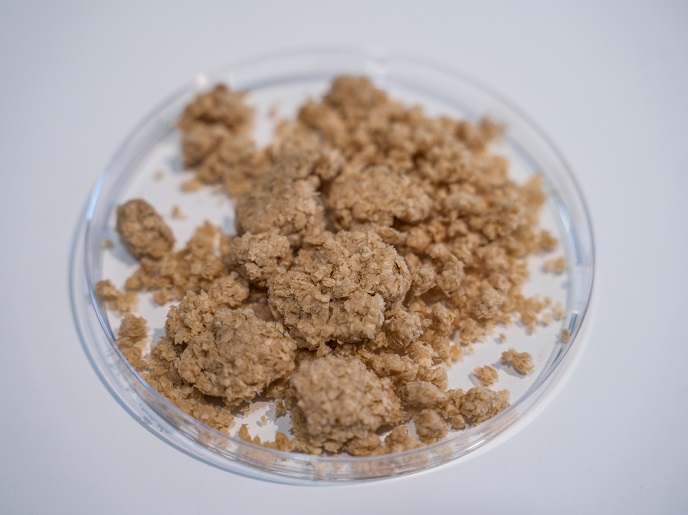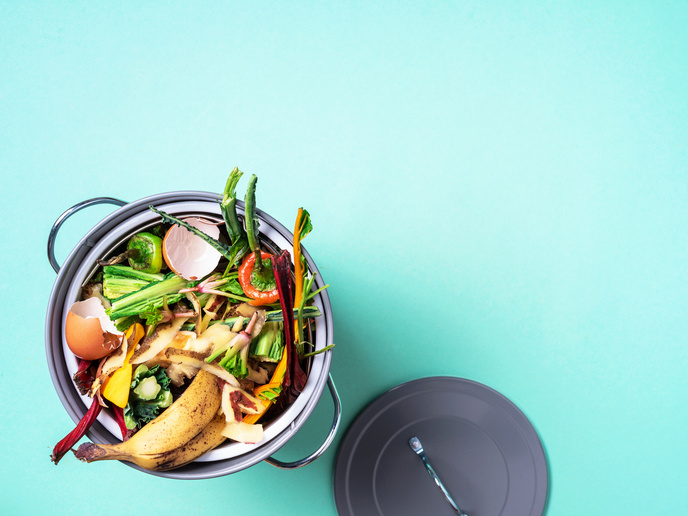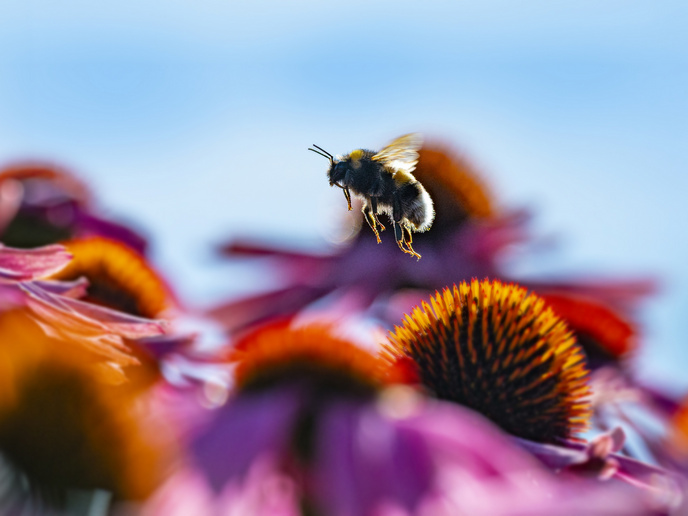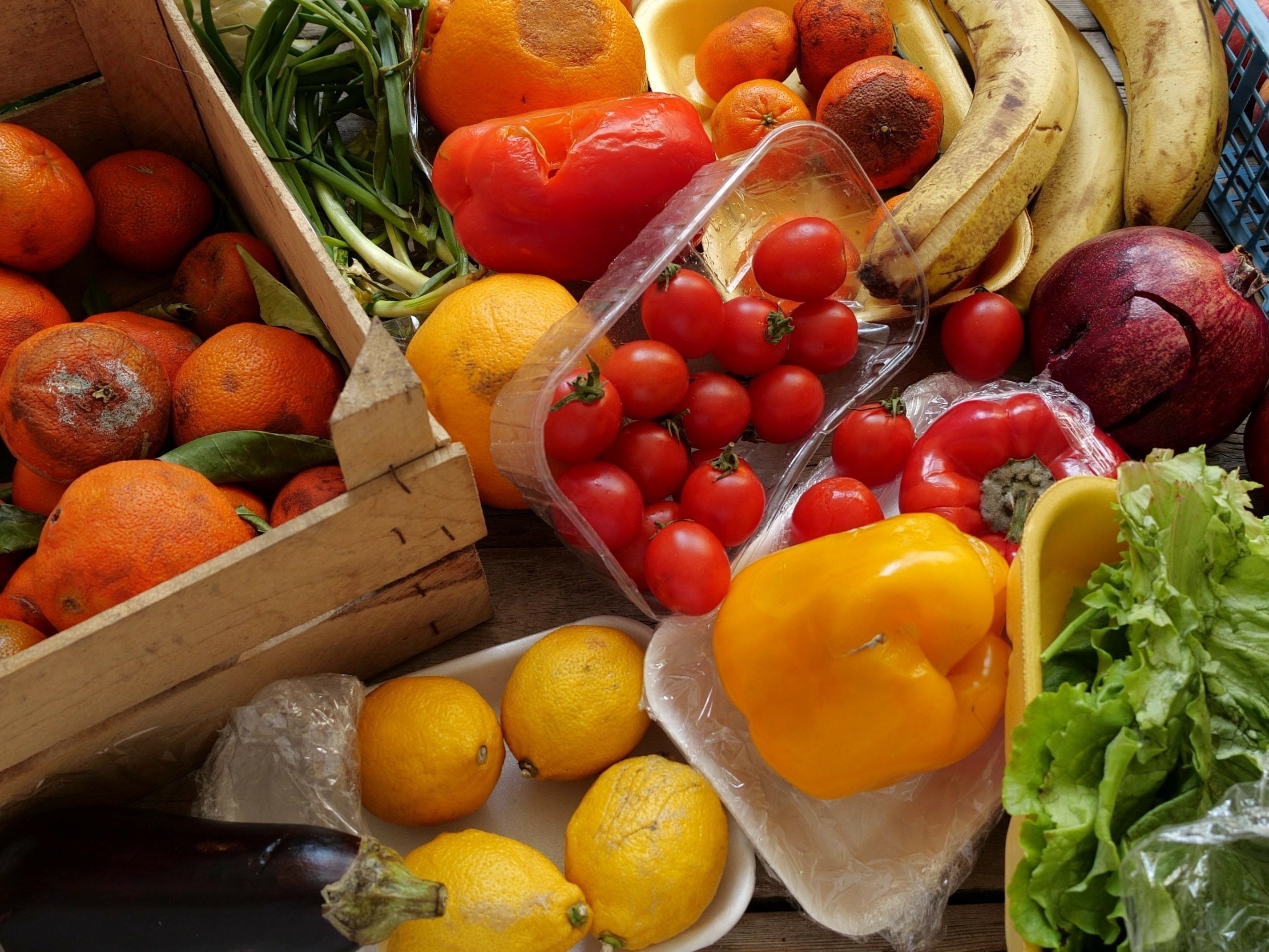A step forward on the road to a circular economy
Across the EU, over 100 million tonnes of biowaste are thrown away each year. This comes primarily from municipal biowaste with the remainder from the food and drink industry. About 40 % of it is effectively recycled with the rest finding its way into landfills or incinerators, which greatly impacts our environment. The EU-funded SCALIBUR project, comprising 21 partners and coordinated by the Packaging, Transport and Logistics Research Centre (ITENE), set out to overcome this challenge. “The project focused on three biowaste fractions. First, the organic fraction of municipal solid waste (OFMSW), which is selectively collected biowaste generated at home. Second, HORECA biowaste, which is the organic residue generated in hotels, restaurants and cafes. Third, sewage sludge, which is the bioresidue obtained after the treatment of wastewater,” explains César Aliaga, project coordinator. More specifically, the project had two main objectives. “Firstly, to improve biowaste collection and management, and secondly to create high value products from biowaste,” explains Aliaga.
Contributing to a circular economy
“In the SCALIBUR project, biowaste valorisation processes were developed to help to implement a circular economy in the European Union by giving value to OFMWS and HORECA waste, as well as sewage sludge from the water treatment plants,” notes Aliaga During the project, new sustainable products from the defined biowaste streams were developed. “Therefore, the main result of SCALIBUR has been new products from the three biowaste fractions,” adds Aliaga. For instance, HORECA and the organic fraction of the municipal waste have been treated through biochemical (enzymatic hydrolysis and fermentation) and insect rearing processes, the result of which include biopesticides, polyesters, as well as substances such as chitin, chitosan and proteins for food and feed applications. As for sewage sludge, new processes have been developed to produce new products such as biopolymers, alcohols and organic acids. “It should be noted that SCALIBUR has also worked in the development of new technologies to improve the collection of biowaste. An innovative system of sensors was developed and tested in collection containers. This system not only measures the filling level but also the degradation level of the organic matter,” reports Aliaga. This measuring is done in real time. So, it is now possible to automatically know if the container needs to be urgently collected or if collection can be postponed.
Exploiting new biowaste technologies
The project’s next steps are focused on the exploitation of these technologies and the transferability of the results to stakeholders. “In fact, a biowaste hub has been developed as part of the project in order to facilitate the connection between biowaste stakeholders,” confirms Aliaga. Moreover, the platform permits the transfer of all technologies developed within the project, allowing users to discover innovative processes and check best practices. The objective of the platform is to grow, even after the conclusion of the project, so as to be the reference network on biowaste. The SCALIBUR project has worked for four years on the development of new technologies able to improve collection and to obtain high value products. “The introduction of these technologies in the market is an opportunity not only for better biowaste treatment but also for the development of new value chains and industrial opportunities, especially taking into account the amount of biowaste generated, which can be considered raw materials for these processes,” concludes Aliaga.
Keywords
SCALIBUR, biowaste, circular economy, Organic Fraction of Municipal Solid Waste (OFMSW), HORECA biowaste, sewage sludge, Biowaste Hub







